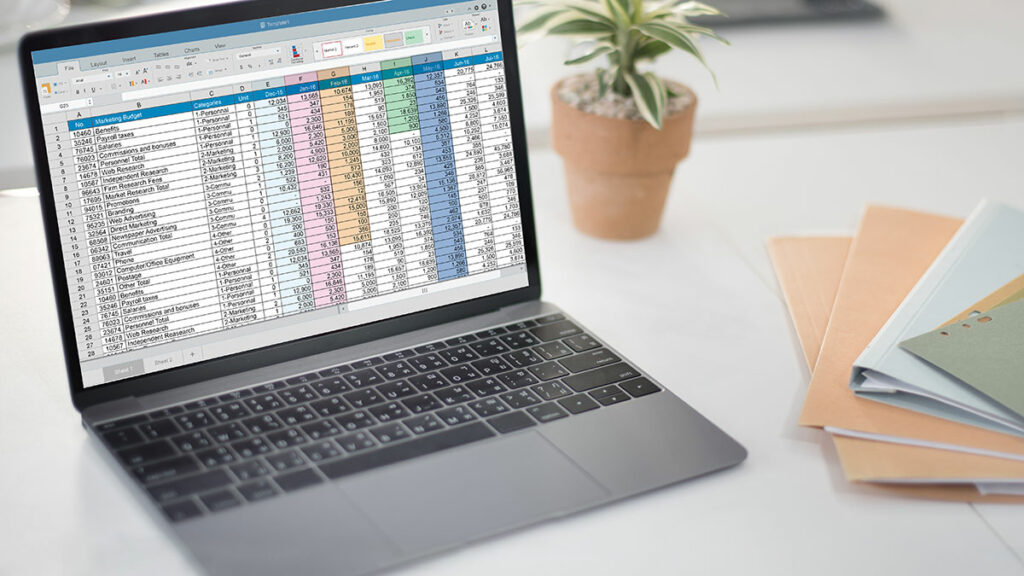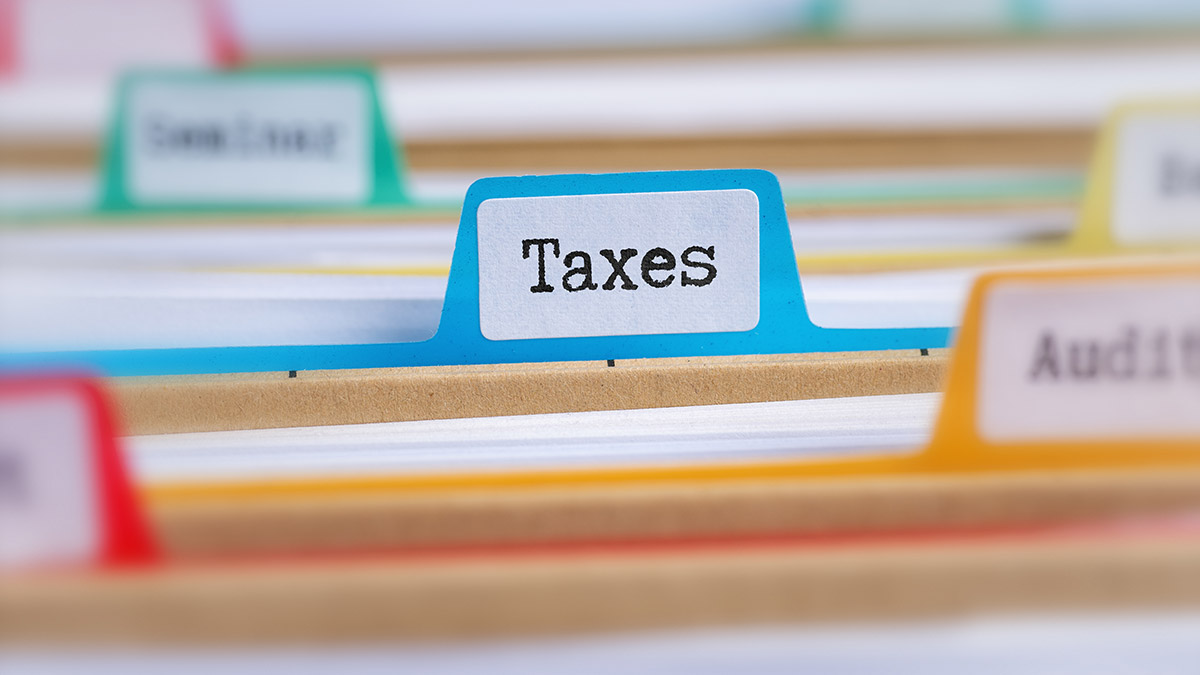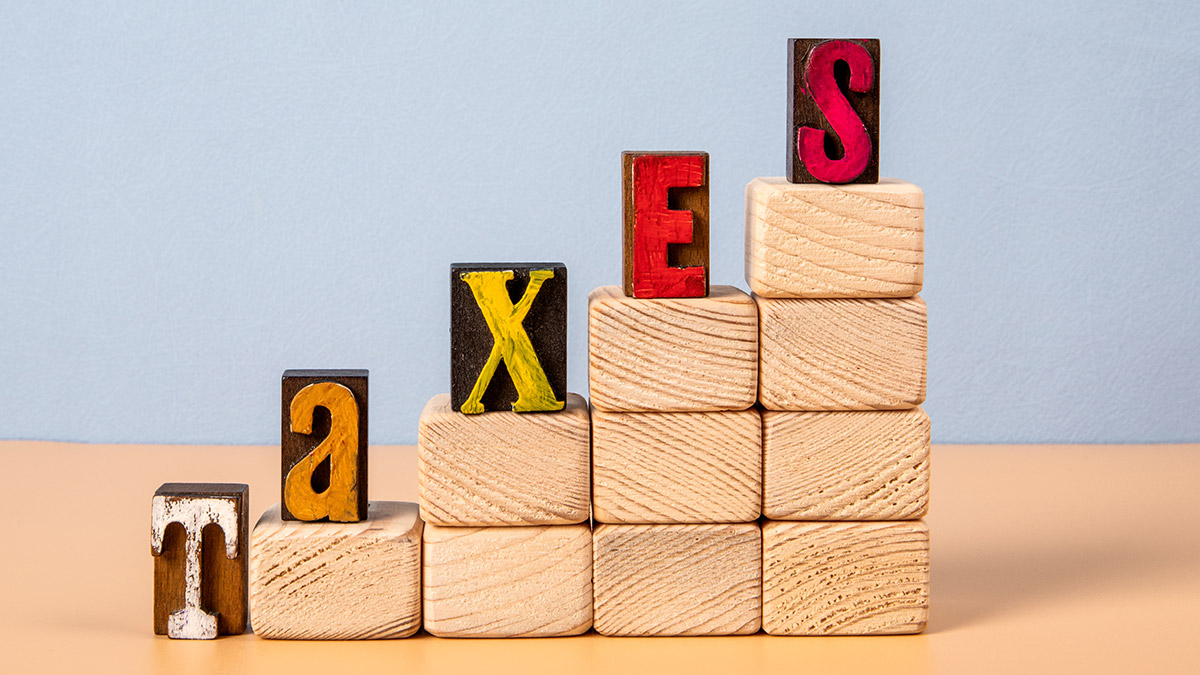Year-End Tax Planning Ideas For Your Business

As 2021 winds down, here are some ideas to consider in order to help manage your small business and prepare for filing your upcoming tax return.
- Identify all vendors who require a 1099-MISC and a 1099-NEC. Obtain tax identification numbers (TIN) for each of these vendors.
- Determine if you qualify for the Paycheck Protection Program (PPP) safe harbor threshold that allows you to deduct certain 2020 expenses on your 2021 tax return.
- Consider accelerating income or deferring earnings, based on profit projections.
- Section 179, or bonus depreciation expensing versus traditional depreciation, is a great planning tool. If using Section 179, the qualified assets must be placed in service prior to year-end.
- Business meals are 100% deductible in 2021 if certain qualifications are met. Retain the necessary receipts and documentation that note when the meal took place, who attended, and the business purpose of the meal on each receipt.
- Consider any last-minute deductible charitable giving including long-term capital gain stocks.
- Review your inventory for proper counts and remove obsolete or worthless products. Keep track of the obsolete and worthless amounts for a potential tax deduction.
- Set up separate business bank accounts. Co-mingling business and personal expenses in one account is not recommended.
- Create expense reports. Having expense reports with supporting invoices will help substantiate your tax deductions in the event of an audit.
- Organize your records by major categories of income, expenses, and fixed assets purchased to make tax return filing easier.
- Review your receivables. Focus on collection activities and review your uncollectable accounts for possible write-offs.
- Make your 2021 fourth-quarter estimated tax payment by January 18, 2022.
Please let us know how we can help with your end-of-year business tax planning so that you can start 2022 off on the right foot.




